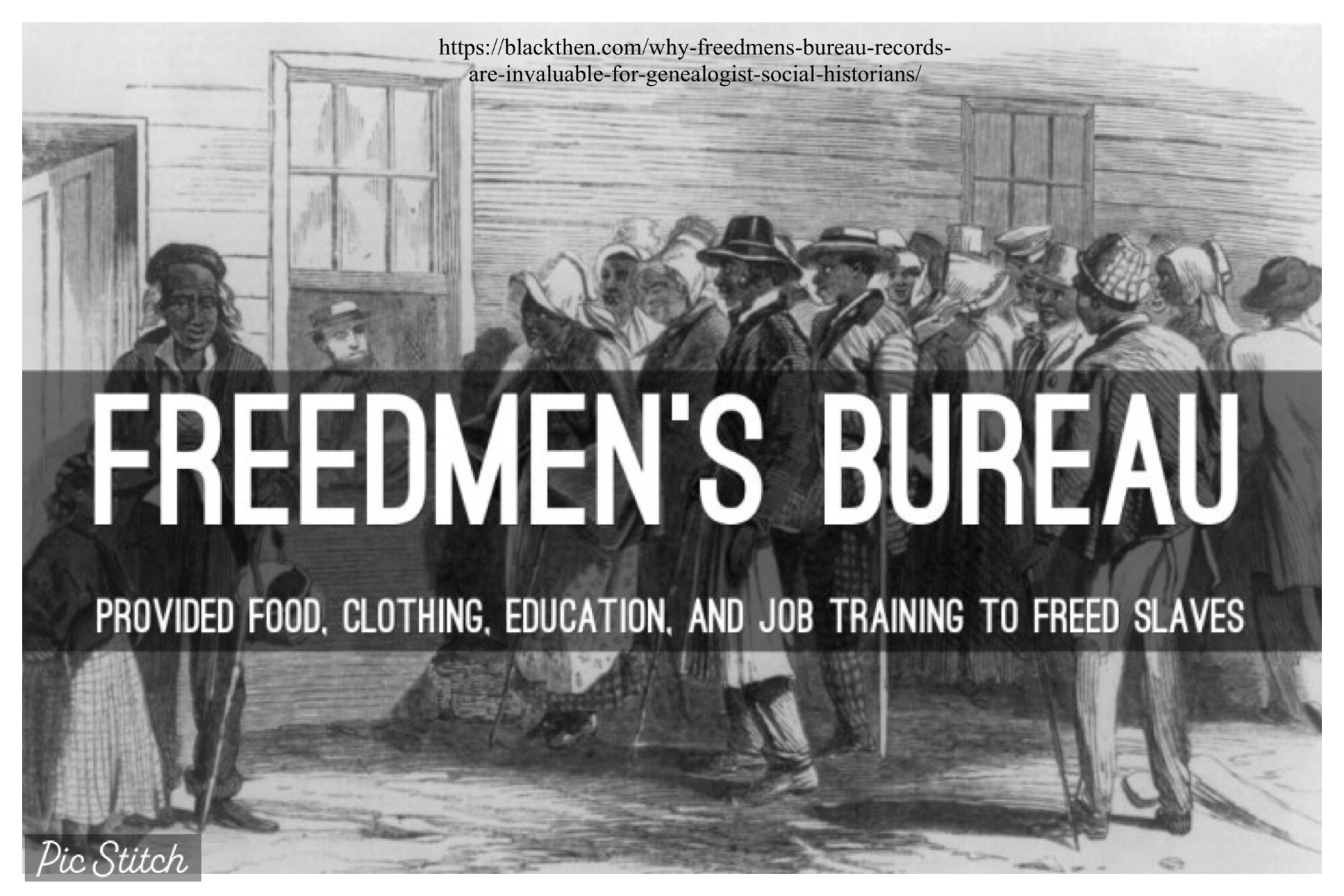One of the blots on the United States is slavery. How do ancestors of slaves find their roots when there is so little information pre-1870? There are no passenger lists of the ships who brought the slaves to a far away land. They would never be naturalized, vote, own land, and they had no names in census records because they were considered property. However, you can find them in tax records but as taxable objects, not human beings. Family stories that are often passed down through the generations were lacking in many cases because after the Civil War many former slaves just did not want to speak of their time in bondage. With such overwhelming limitations how do these ancestors of slaves go about finding records that may give them more information about their ancestors?
AfriGeneas is a trusted and valuable resource
The first step would be to find trustworthy places you can go online to find suggestions and tips on where to start on your journey. One example is the site AfriGeneas (1) helps you get started with tips including suggestions of books you can read to help your journey. After doing this find the “story keepers” in your family and ask them questions. These are the relatives who have the pictures and mementos and who will know stories and may remember things that have been passed down about those who were enslaved in your family. Remember to ask questions that will guide you on where to research. Fill out a family tree chart and decide which line has the most information and start with that familial line.
The 1870 census was the first census after the war where slaves were named
Now start to look for post Civil War records. The 1870 census was the first census after the war where slaves were named. Look at the 1850 and 1860 census and see if they were named in those census records. If they were, you know they were free then. It will also help you know where they settled after they were freed, and if they settled by their family or maybe people they had been enslaved with. The Freedmen's Bureau is a great resource because they helped the emancipated slaves with getting their feet on the ground.
Trying to find names can be more complicated. Most were given new names when they arrived. Slave owners called them by nicknames such as Jane =Jenny, Elizabeth = Betsy, etc. If there were people with the same names they would add a descriptive work like little Moses or big Moses. While it is true that when slavery ended some slaves took the surname of their slaveholder, it is not true it was the one they had when slavery ended. It could have been one they liked previously, or even one who had been the owners of their grandparents. However, many took names of prominent Americans (Washington, Lincoln), occupations (Baker, Carpenter), personal characteristics (Strong, Freeman) and the list goes on.
The 1870 census serves other purposes, too
Finally, study their location in the 1870 census. When the war was over both former slave and former slave owner were in desperate conditions. Most were not able to go far, so look at who owned the land they were living on. Out of necessity for land to work and land that needed work by someone, in most cases this will be their former slave owner. Census records tell you the names of the township, town or district and then you can search the pre-1870 county land tax records or land plat records for the owner of the land. Another idea: were your slave ancestors born in another state? If so, in the census are there any white families that came from the same state. If family members are born in different areas is there a white family close by that has the same migration pattern?
While there are many ways to start the process of finding your ancestors that were slaves, these are just a few tips to help you along the way. While slavery is a dark spot in the history of the United States there are more and more records being found and compiled to help those who want to know their family’s journey from slavery to freedom. We hope these tips will be able to help you on your pilgrimage.
We can help
If you need any help finding your ancestors, just let us know.
Sources
[1] https://www.afrigeneas.com


